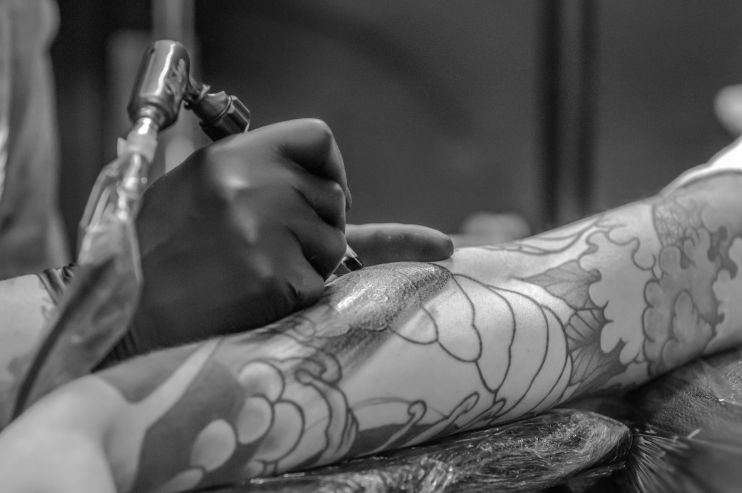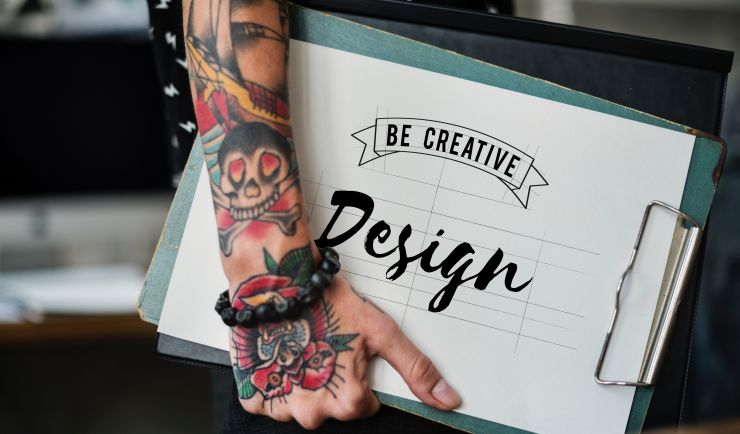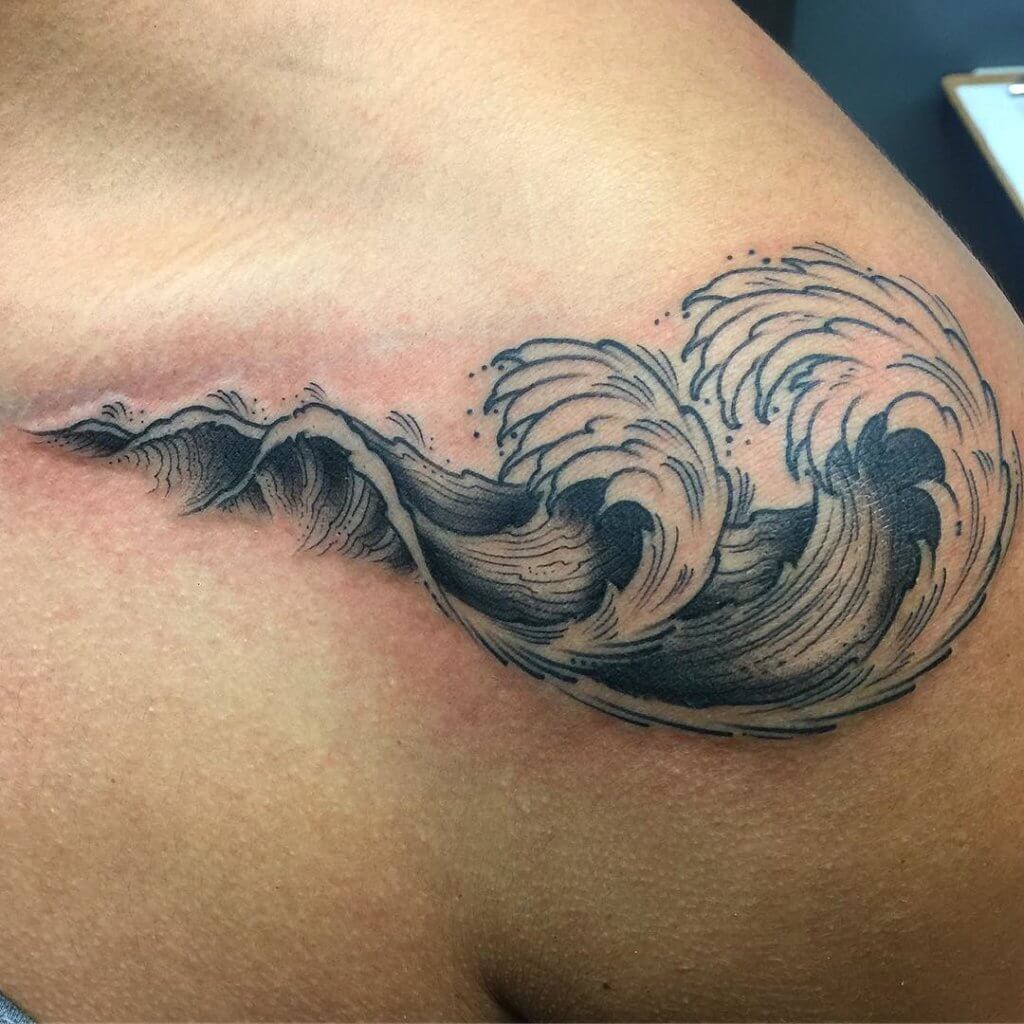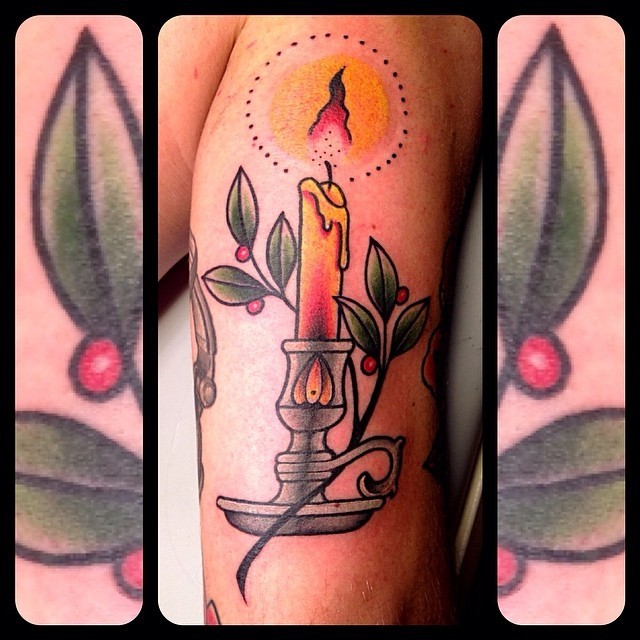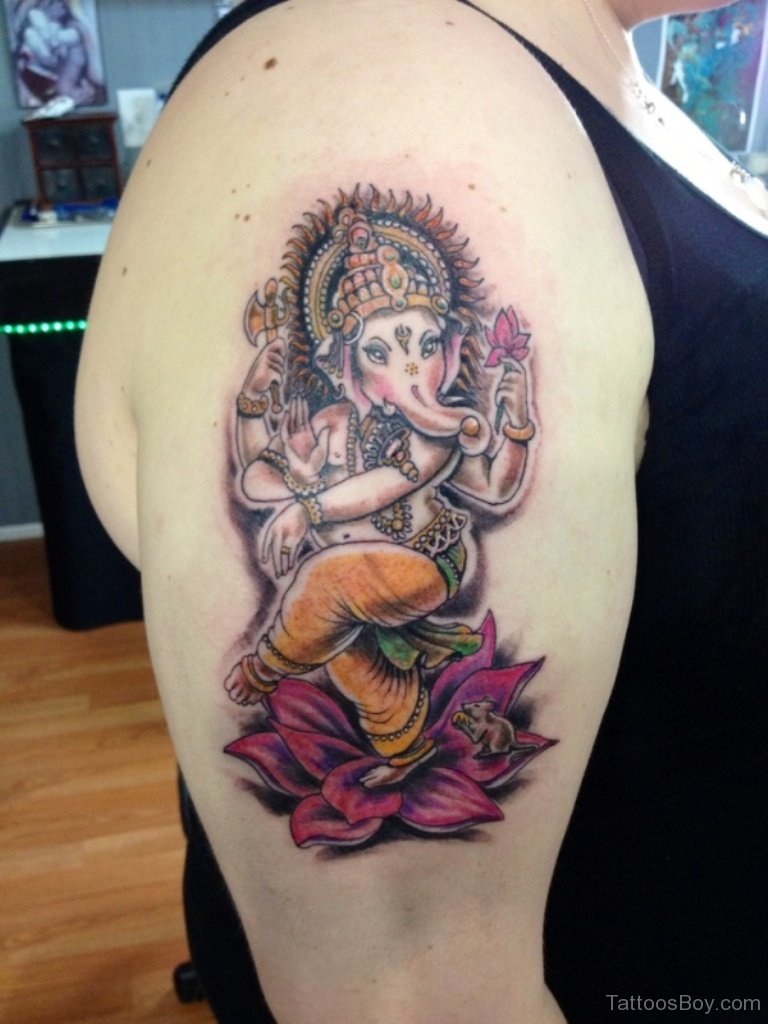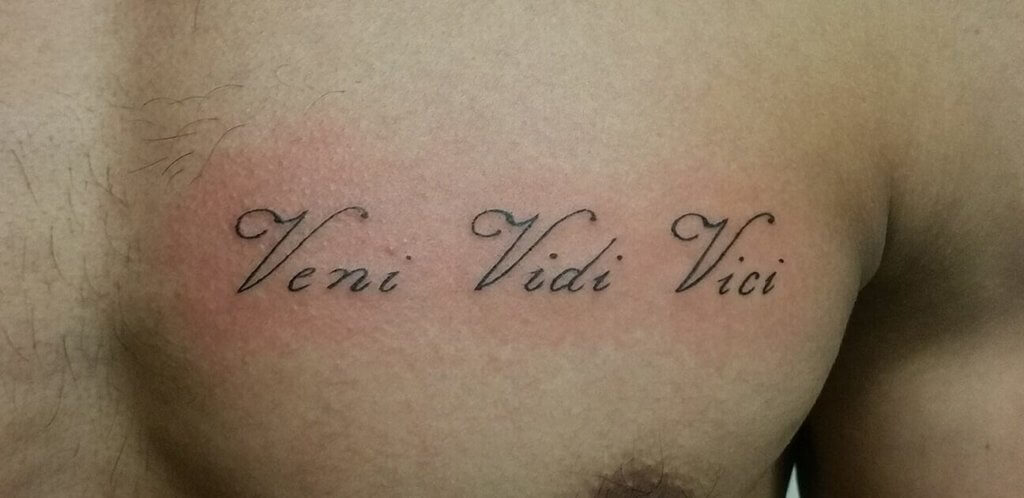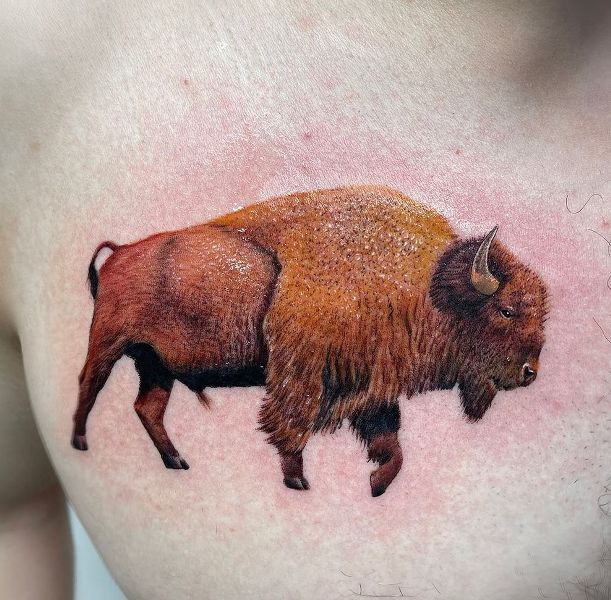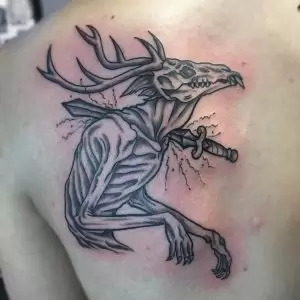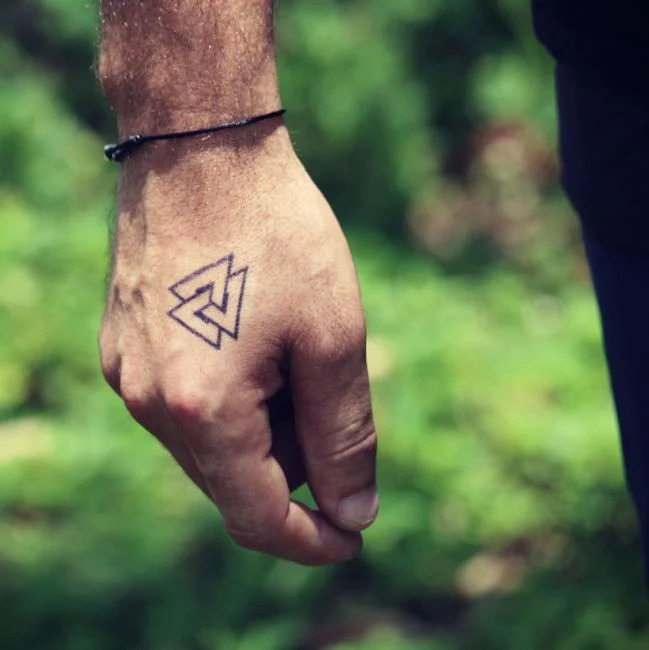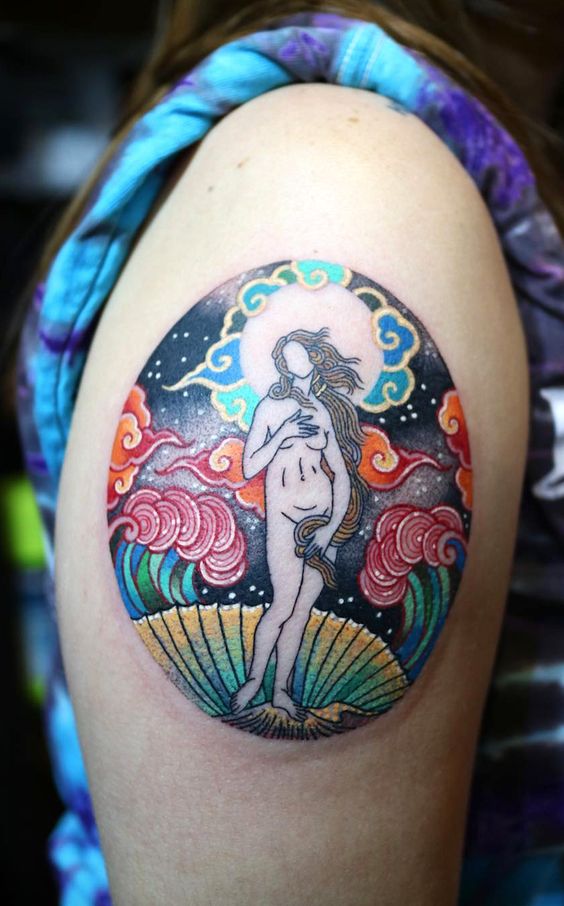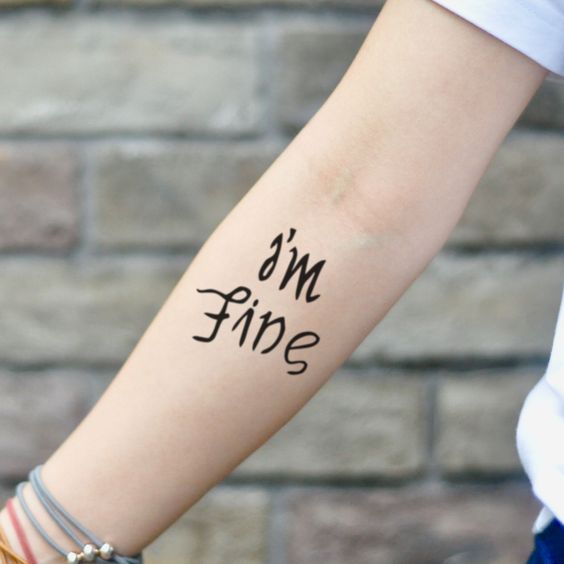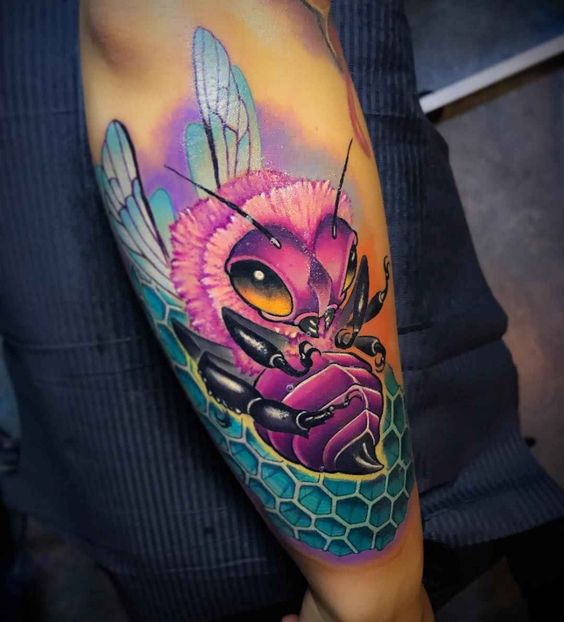When it comes to body art, question about tattooing arise, especially for those considering their first ink. This guide aims to address these questions, covering everything from preparation to post-tattoo care. We’ll explore common concerns, debunk myths, and provide insights to ensure your tattooing experience is as informed and comfortable as possible.
What can I do before tattooing?
Ensure you avoid alcohol, drugs, and most medicines at least 24 hours before your tattoo session. Rest well, sleep adequately, and eat properly. However, avoid eating two to three hours before the tattooing. Fatigue and hunger can disrupt your ability to stay calm and focused during the process. Heightened sensitivity from exhaustion may lead to restlessness or even unconsciousness.
Question about Tattooing: Does it hurt?
Yes, getting a tattoo involves pain. Anyone claiming otherwise is not being truthful. The process, while uncomfortable, remains tolerable for most. The noise of the tattoo machine often scares people, reminding them of a dentist’s drill. Tattooing can feel like hair being pulled, a sharp scratch, a pinch, or a tickle. The intensity varies based on tattoo location, size, and your pain threshold.
Women often compare tattoo pain to the sensation of using a depilatory machine. It feels unpleasant, akin to a hot and itchy sensation where you must resist scratching. The first tattoo acts as an initiation, initially uncomfortable for about fifteen minutes, then you adapt. By the second tattoo, most lose their fear, knowing what to expect.
Why don’t tattoo artists use anesthetics?
We avoid anesthetics due to potential allergies that can lead to anaphylactic shock, requiring emergency intervention. Anesthesiologists undergo extensive training to handle such cases. Furthermore, taking analgesics, alcohol, or drugs doesn’t alleviate the tattoo pain but may worsen it. Such substances can increase sensitivity and bleeding. Tattoo studios will refuse service if they suspect you are under the influence.
Question about Tattooing: How to choose a tattoo design?
Choosing a tattoo design is a lifelong decision. Avoid rushing. Misinformation is common in local media, but reliable information is available in foreign tattoo magazines and websites like this one, or directly in tattoo studios.
Tattoo themes are personal. They might hold symbolic, religious, or ritual significance, or simply be a style choice. Once you decide on a theme, consider its size and placement. A common error is choosing a small, detailed design that blurs over time. Skin isn’t conducive to fine details, so adjust the size accordingly. Remember, not all designs suit every body part. Your tattoo should highlight your personality and be visually clear. When these criteria are met, you can be confident in your choice.
Question about Tattooing: How to maintain a tattoo?
Post-tattoo care is crucial. The tattoo artist does half the work; the rest is up to you. Follow the studio’s care instructions diligently. A tattoo typically heals in a week with proper care. Keep the tattoo clean and moisturized to speed up skin healing. Limit activities that cause excessive sweating. Care instructions vary based on the tattoo’s location and your daily environment. Neglecting these instructions can result in a tattoo of inferior quality.
Avoid exposing the tattoo to sunlight initially. Use body lotion until the tattooed skin develops proper elasticity and moisture. After about three months, regular body care suffices.
Conclusion
In conclusion, addressing common question about tattooing is crucial for anyone embarking on their tattoo journey. From pre-tattoo preparation to post-tattoo care, understanding what to expect can significantly enhance your experience. Remember, a tattoo is not just a momentary decision but a lifelong commitment. Therefore, being well-informed and prepared is key to a satisfying and safe tattoo experience.

